In a move to regulate its education sector and ensure compliance with immigration and labor laws, Thailand has intensified its crackdown on undocumented foreign teachers working in the country. The initiative, led by the Thai Ministry of Education and the Immigration Bureau, aims to address concerns over unqualified educators, visa overstays, and illegal employment practices in schools and language centers.
Two Foreign Yoga Teachers Arrested in Koh Phangan for Working Without Permits
Thailand has long been a popular destination for foreign teachers, particularly those teaching English, due to its vibrant culture, affordable cost of living, and high demand for language instruction. However, the influx of foreign educators has also led to issues with undocumented workers operating without proper qualifications, work permits, or visas. This has raised concerns about the quality of education and the legality of employment practices in both public and private institutions.
Authorities have ramped up inspections of schools, language centers, and tutoring agencies across the country. Foreign teachers are being required to present valid work permits, teaching licenses, and visas. Those found working illegally face fines, deportation, and potential blacklisting from re-entering Thailand. Schools and employers hiring undocumented teachers may also be penalized, including fines and the revocation of operating licenses.
The government has emphasized that the crackdown is not meant to discourage legitimate foreign teachers but to ensure that all educators meet the necessary qualifications and legal requirements. This includes holding a bachelor’s degree, a teaching license or certificate (such as a TEFL or TESOL), and a valid non-immigrant B visa with a work permit.
The stricter enforcement has created challenges for many foreign teachers, particularly those who have been working in Thailand for years without proper documentation. Some teachers have reported difficulties in obtaining the required qualifications or navigating the bureaucratic process for work permits and visas. Additionally, the cost of obtaining certifications and legalizing their status can be prohibitive for some.
Any foreign teacher found working without a valid work permit will face a fine ranging from 5,000 to 50,000 baht, immediate deportation following legal proceedings and potential blacklisting, preventing future employment in Thailand. Educational institutions employing foreign teachers without proper documentation will be fined 10,000 to 100,000 baht per teacher. Schools may also face further legal action, including restrictions on hiring foreign staff in the future.
Thailand's Department of Employment (DoE) on Sunday launched inspections of language schools in the Ratchada and Bang Na areas of Bangkok following the arrest of eight undocumented South Korean language teachers.
Listen to the story or get the full story in the 1st comment.… pic.twitter.com/4Ertpbv1PK
— Bangkok Post (@BangkokPostNews) February 9, 2025
Language schools and international institutions are also feeling the pressure, as they rely heavily on foreign teachers to meet the demand for English and other foreign language instruction. Some schools have expressed concerns about potential teacher shortages and disruptions to their programs.
The Thai government has stated that the crackdown is part of a broader effort to improve the quality of education and protect the rights of both students and teachers. Officials have urged foreign teachers to regularize their status and comply with the law. They have also announced plans to streamline the visa and work permit application process to make it easier for qualified educators to work legally in Thailand.
In addition, the Ministry of Education is working to provide more support for foreign teachers, including offering guidance on obtaining teaching licenses and certifications. The government has also encouraged schools to assist their foreign staff in meeting legal requirements.
The crackdown has sparked mixed reactions within the education sector. While many support the move to ensure higher standards and legality, others worry about the potential loss of experienced teachers and the impact on students. Some educators have called for a more balanced approach, suggesting that the government provide amnesty or a grace period for undocumented teachers to legalize their status.
Thailand’s efforts to tighten regulations on foreign teachers reflect a growing trend in Southeast Asia to professionalize the education sector and ensure compliance with labor laws. As the crackdown continues, the government will need to strike a balance between enforcing regulations and maintaining the availability of qualified foreign educators to meet the country’s educational needs.
Thailand Welcomes Foreign Businesspeople, Teachers
For foreign teachers, the message is clear: compliance with Thai laws is essential. Those who take the necessary steps to legalize their status can continue to contribute to Thailand’s education system, while those who fail to do so risk facing serious consequences.
-Thailand News (TN)







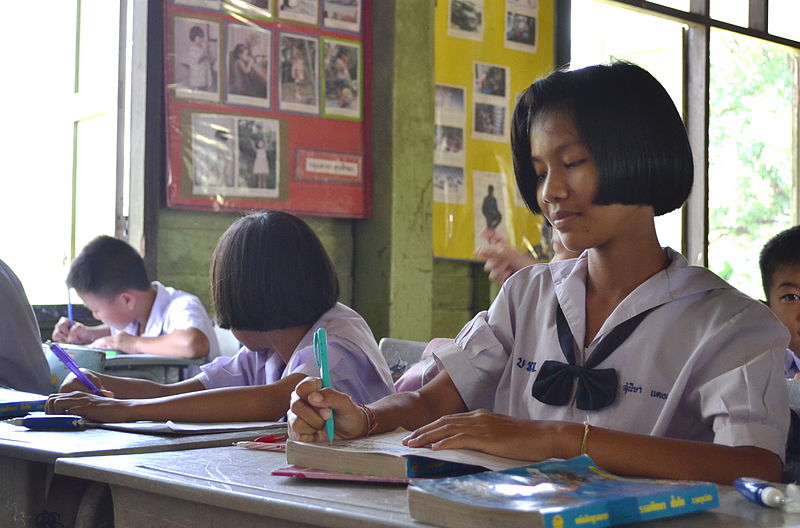



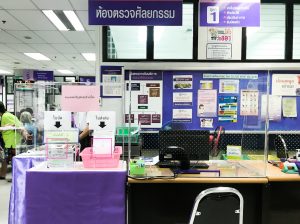

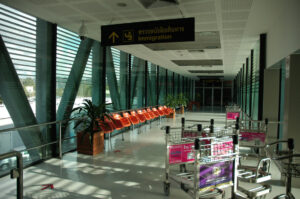


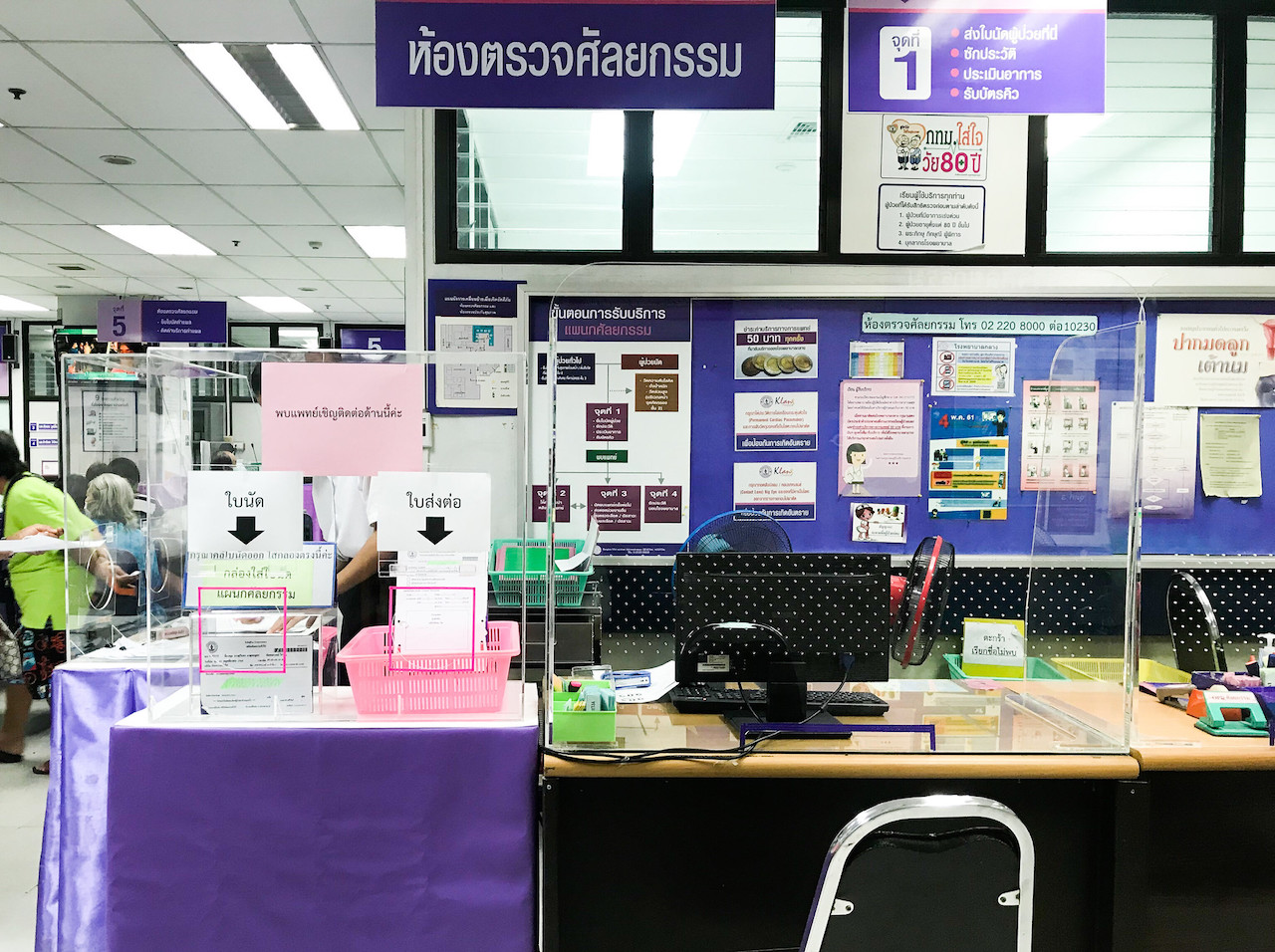

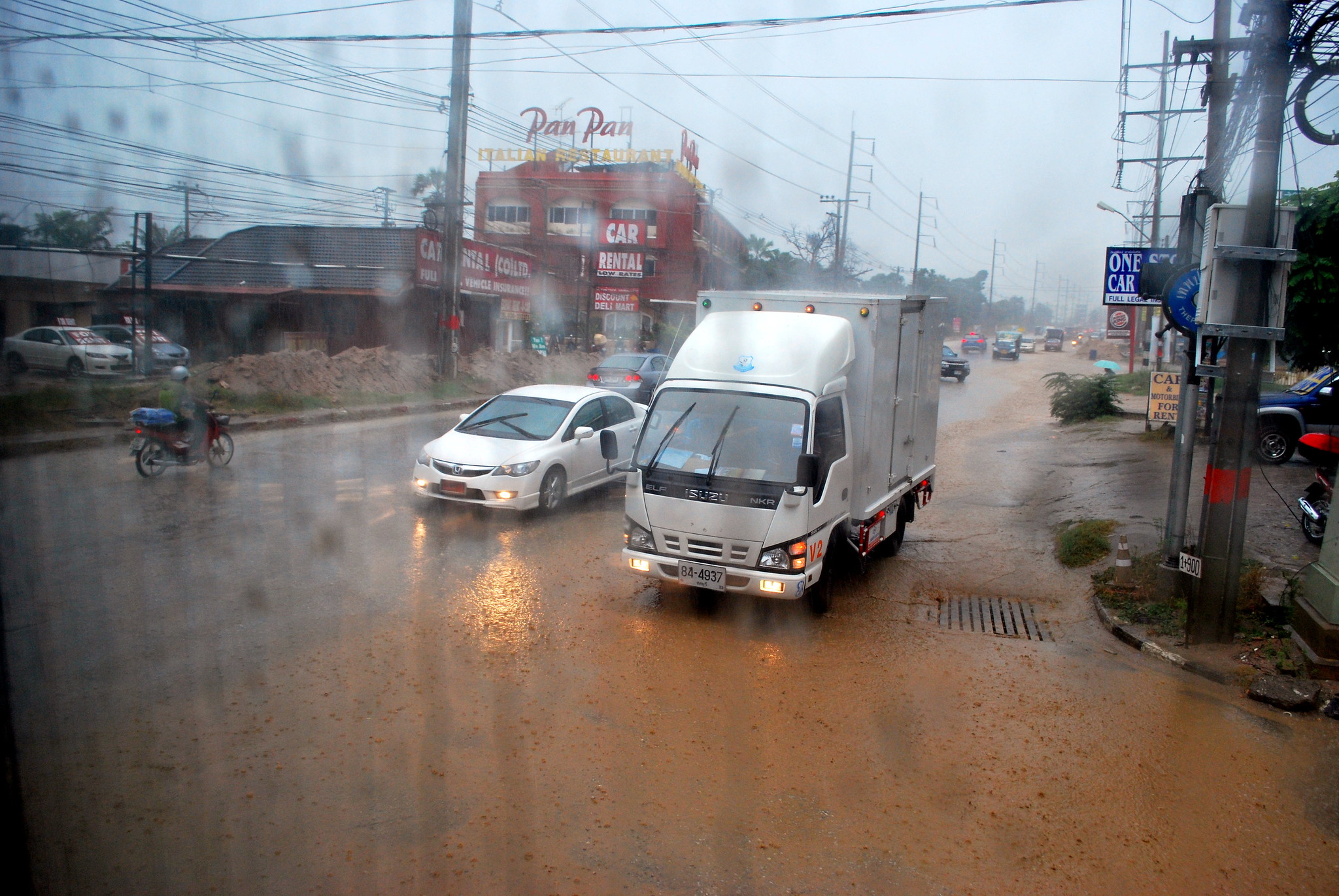


+ There are no comments
Add yours